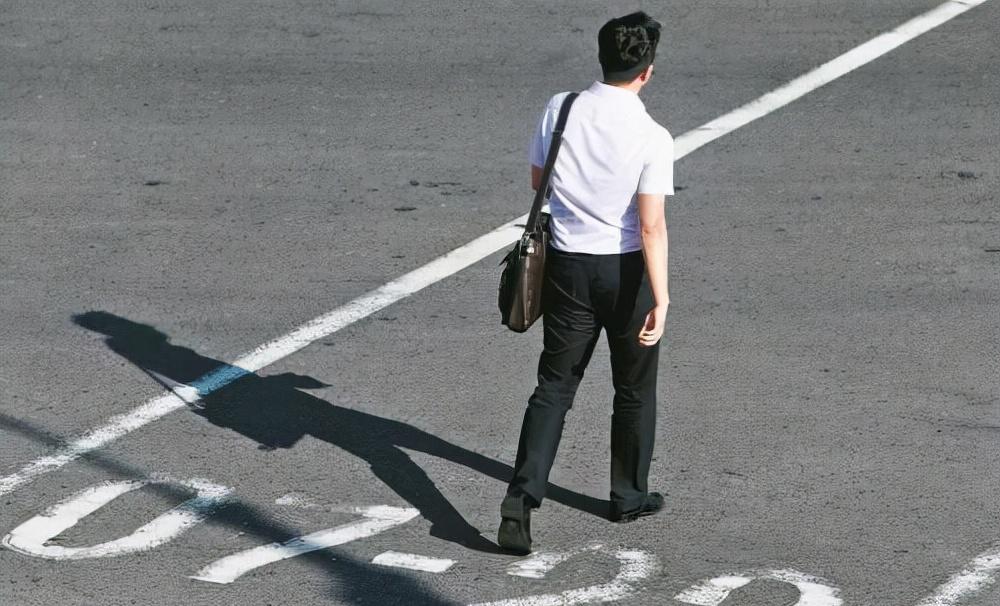Recently, more than half of the provinces on the mainland have successively raised the minimum wage standard; coincidentally, China's Taiwan Province has also announced an increase in the basic wage. For a time, the salary issue became a focus of concern for the people on both sides of the strait. Can the Taiwan authorities' salary increase solve the problems of "low wages" and "frozen wages" that have long surrounded the people on the island? What is the comparison of salaries between the two sides of the strait? Let's take a look.
<h1 class="pgc-h-arrow-right" data-track="1" > this wave of bragging by the DPP authorities</h1>
Let's start with the mainland. Shanghai, Beijing, Zhejiang, Jiangsu... At present, more than 10 provinces have successively raised the minimum wage standard, and many provinces have said that they will adjust the standard within the year. From the perspective of the adjustment range, the situation varies from place to place, most of the increase is in the range of 80-300 yuan per month, and the monthly minimum wage standard in Shanghai, Beijing, Tianjin and other places is more than 2,000 yuan.

Taiwan's low salaries are severe.
Let's look at Taiwan. The labor department of the Taiwan authorities also recently decided to raise the minimum wage, and after more than four hours of discussion, the basic wage was finally adjusted to 5.21 percent. From 1 January 2022, the monthly basic salary will be raised from 24,000 yuan to 25,250 yuan (NT$). If calculated in renminbi, after this adjustment, the monthly salary of the basic salary in Taiwan will be raised from 5508 to 5794 yuan (an increase of 286 yuan), and the hourly salary will be raised from 36 to 38 yuan.
Seeing the above data, the actual increase in wages on both sides of the strait can be seen, and taiwan really has nothing to blow compared with the mainland. However, DPP spokesman Liu Kangyan had to brag about the reverse growth of Taiwan's economy under the epidemic, and some Taiwan media reported that Taiwan's wages were "25% higher than Hong Kong's" after the salary increase.
<h1 class="pgc-h-arrow-right" data-track="6" > cannot solve Taiwan's low wage problem</h1>
However, this result obviously does not satisfy Taiwanese workers. The day before, Taiwan's labor groups went to the door of the General Chamber of Commerce and the General Association of Industries to hold a press conference on the increase in basic wages, demanding that "the monthly and timely wages of basic wages should be increased by 8% next year."
Taipei Mayor Ke Wenzhe, who has always been outspoken, also said when attending the event that he did not think that adjusting the minimum wage could solve the problem of low wages. Because local workers in Taiwan rarely use the minimum wage, the most important thing should be industrial transformation.
Taiwanese labor groups called on the authorities to "stop talking." The image comes from Taiwan's Zhongshi News Network
Ko Wen-che criticized that the DPP authorities did not take into account the timing of raising the basic salary, and now that they are paying bailout money, they should adjust the basic salary. He said bluntly that after the policy was thrown out, as far as he knew, and the results of the roadside investigation, many big bosses were complaining.
The Taiwanese website "Yahoo Qimo" has also recently raised its basic salary and hourly wage, what is your opinion?" The poll was launched for the topic, and the statistical results showed that nearly 30% of netizens pointed out that after the basic salary increase, it would not have much impact on life.
<h1 class="pgc-h-arrow-right" data-track="12" > how do cross-strait salaries compare?</h1>?
In fact, the fundamental problem of Taiwan's salary situation is not the minimum wage standard, but the slow growth of occupational wages. It should be known that the "salary situation" between the two sides of the strait was once extremely different, but then the salary level on the mainland rose year after year, but Taiwan fell into a standstill, and the salaries of some industries and some posts on the mainland have even surpassed Taiwan.
Taiwan's youth anti-low wage action. The image comes from the Internet
Compared with the mainland, Taiwan's minimum wage also has a little advantage.
However, young people in Taiwan have been slow to raise salaries after entering the workplace on the island, with the median monthly salary of 42,000 yuan (NT$, about 9634.8 yuan) in Hsinchu, which is the highest salary(swarming with science and technology factories). Compared with the salaries of high-tech and Internet companies in the mainland, it is obviously not an advantage, no wonder it is not uncommon for Taiwanese talents to leave the mainland!
If we take into account the gap between the two sides of the strait, then this advantage is very debatable.
According to the difference in the price level between the two sides of the strait, some experts have proposed that the real exchange rate between the two sides of the strait (taking into account the purchasing power factor) should be 1:9. Taiwan's overall price level is about twice that of the mainland, and the island's basic salary is NT$25,250, which is only about the purchasing power of the mainland's 3,000 yuan.
This means that the actual salary level in Taiwan may already be lower than that of the mainland.